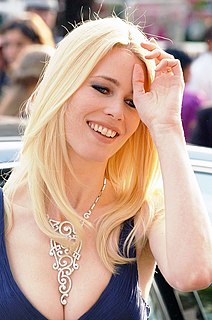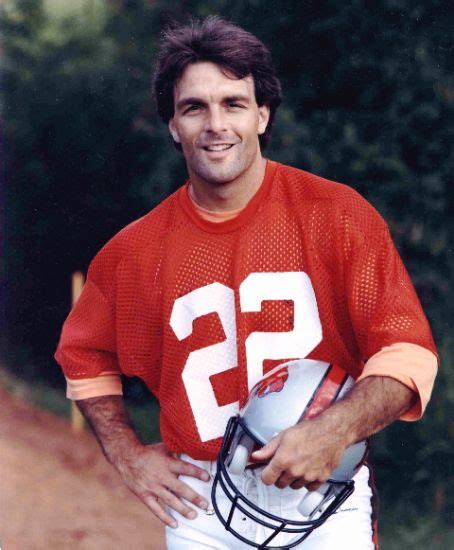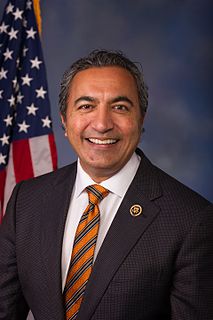A Quote by Vint Cerf
The Internet is a really big tent. In theory, it can support the full range of models, one of which is, 'Here's my information and I'm happy you can use it,' and the other one is, 'Here's the information and you can't have it unless you pay me for it,' and perhaps some things in-between. There is a full spectrum of models.
Related Quotes
The most important feature of an information economy, in which information is defined as surprise, is the overthrow, not the attainment, of equilibrium. The science that we have come to know as information theory establishes the supremacy of the entrepreneur because it appreciates the powerful connection between destruction and what Schumpeter described as "creative destruction," between chaos and creativity.
A girl's career today doesn't have the same kind of life span, whereas it used to be a collaboration and a partnership and it continued. Peter Lindbergh still uses girls - like, look at Amber Valetta - so there are some photographers that have relationships long-term with models. I also think that the industry can't support the amount of models that exist right now and therefore the relationships between photographers and models and even the clients is short lived.
In an information economy, entrepreneurs master the science of information in order to overcome the laws of the purely physical sciences. They can succeed because of the surprising power of the laws of information, which are conducive to human creativity. The central concept of information theory is a measure of freedom of choice. The principle of matter, on the other hand, is not liberty but limitation- it has weight and occupies space.
Until now, physical theories have been regarded as merely models with approximately describe the reality of nature. As the models improve, so the fit between theory and reality gets closer. Some physicists are now claiming that supergravity is the reality, that the model and the real world are in mathematically perfect accord.
Data isn't information. ... Information, unlike data, is useful. While there's a gulf between data and information, there's a wide ocean between information and knowledge. What turns the gears in our brains isn't information, but ideas, inventions, and inspiration. Knowledge-not information-implies understanding. And beyond knowledge lies what we should be seeking: wisdom.
The concept of the "information society" is both vague and all-embracing. Different participants meant different things by it. In practice, though, World Summit on the Information Society only dealt with a small number of issues: ICTs and human rights (to some extent), ICTs and development (to some extent), infrastructure finance and Internet governance. Very large aspects of what might have been included in the "information society" were not really discussed.



































